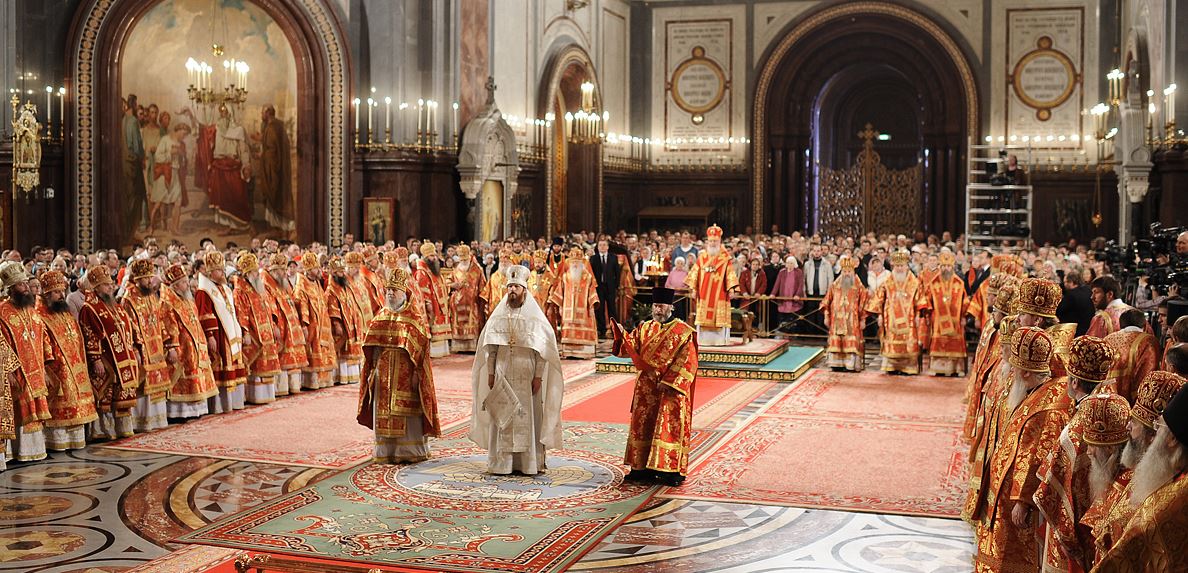
by Abbot Tryphon
A day set aside to give thanks to God
Thanksgiving has officially been an annual tradition since 1863, when during the Civil War, President Abraham Lincoln proclaimed a national day of thanksgiving to be celebrated on Thursday, November 26. The “First Thanksgiving” was celebrated by the Pilgrims after having been safely delivered by God to the shores of the New World. This feast lasted three days, providing enough food for thirteen Pilgrims and ninety Native Americans. The feast consisted of fish (cod, eels, and bass) and shellfish (clams, lobster, and mussels), wild fowl (ducks, geese, swans, and turkey), venison, berries and fruit, vegetables (peas, pumpkin, beetroot and possibly, wild or cultivated onion), harvest grains ( barley and wheat), and the Three Sisters: beans, dried Indian maize or corn, and squash. The New England colonists were accustomed to regularly celebrating “thanksgivings”—days of prayer thanking God for blessings such as military victory or the end of a drought.
The word Thanksgiving has it’s roots in the Greek word, eucharistia, where the Church gets the word Eucharist. For Orthodox Christians the ultimate giving of thanks to God comes when we offer the Eucharistic sacrifice, entering into the Heavenly Banquet, participating in the eternal Mystical Supper that is ongoing in the heavenly realm.
During the celebration of the Divine Liturgy we offer a sacrifice of praise and thanksgiving to the Lord for His mercy and loving kindness. It has become common practice in some areas for parishes and monasteries to celebrate the Divine Liturgy on the morning of Thanksgiving, having become a local American Orthodox custom to remember, with thanks, all that the Lord has given to His people.
During these difficult times, many among us will be eating Thanksgiving dinner in church halls, senior centers or Union Gospel Missions. Not since the 1940’s have American families experienced such financial loss, and many do not feel particularly thankful. However, this gift of life was not bestowed upon us for financial security, or even good health. This life has been given to us as a time of purification, a period of preparation for the eternal life that God has promised us as our inheritance. Even when we struggle in hard times, or with health issues, we can see that all is allowed for our salvation.
The Heavenly Banquet, that eternal celebration taking place before the Throne of God is ours, here and now, whenever we participate in the celebration of the Divine Liturgy. This Eucharistic celebration (Thanksgiving) wherein Christ offers His Body and Blood for our spiritual and physical healing, is that moment in time when we are able to experience, and participate in, the Banquet that awaits us. The hope of eternal life is worthy of our struggle in this life, as we prepare for our life worshiping before the Holy Trinity. We have much to be thankful for.
With love in Christ,
Abbot Tryphon
